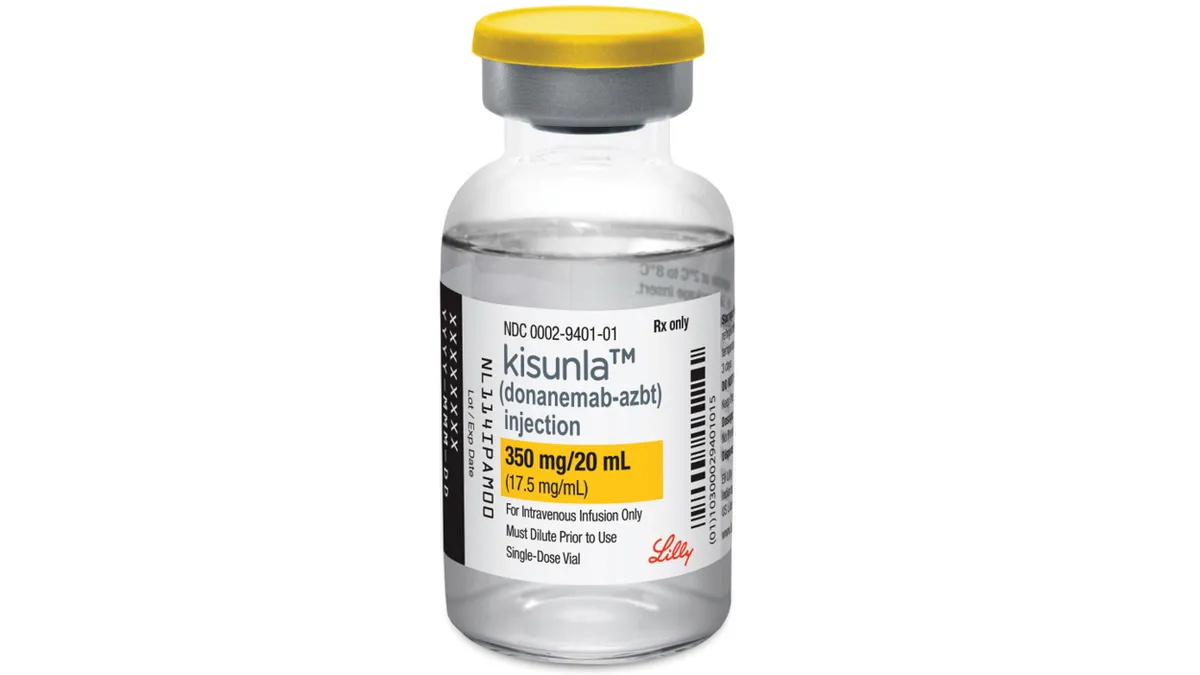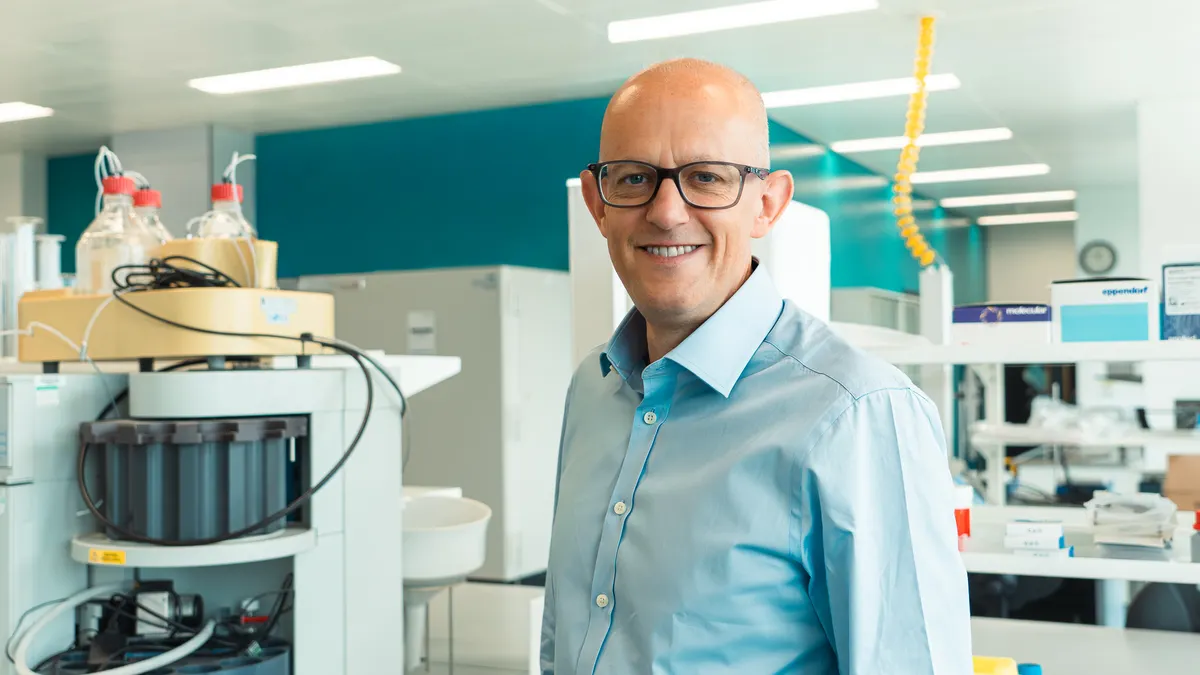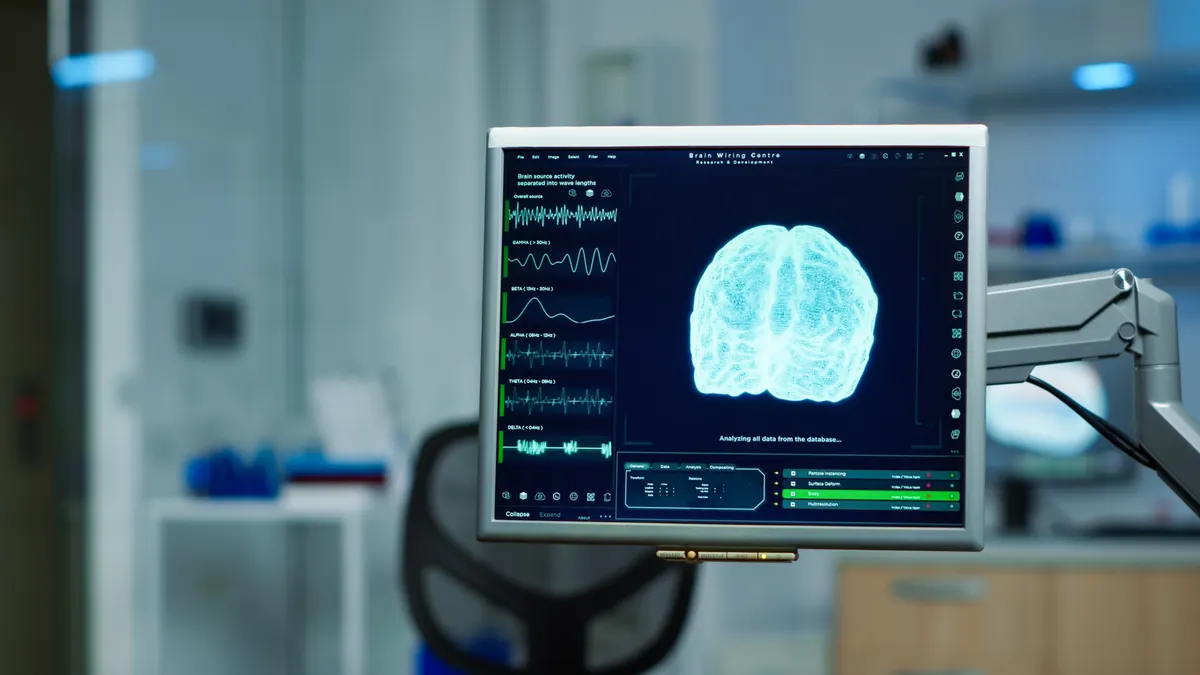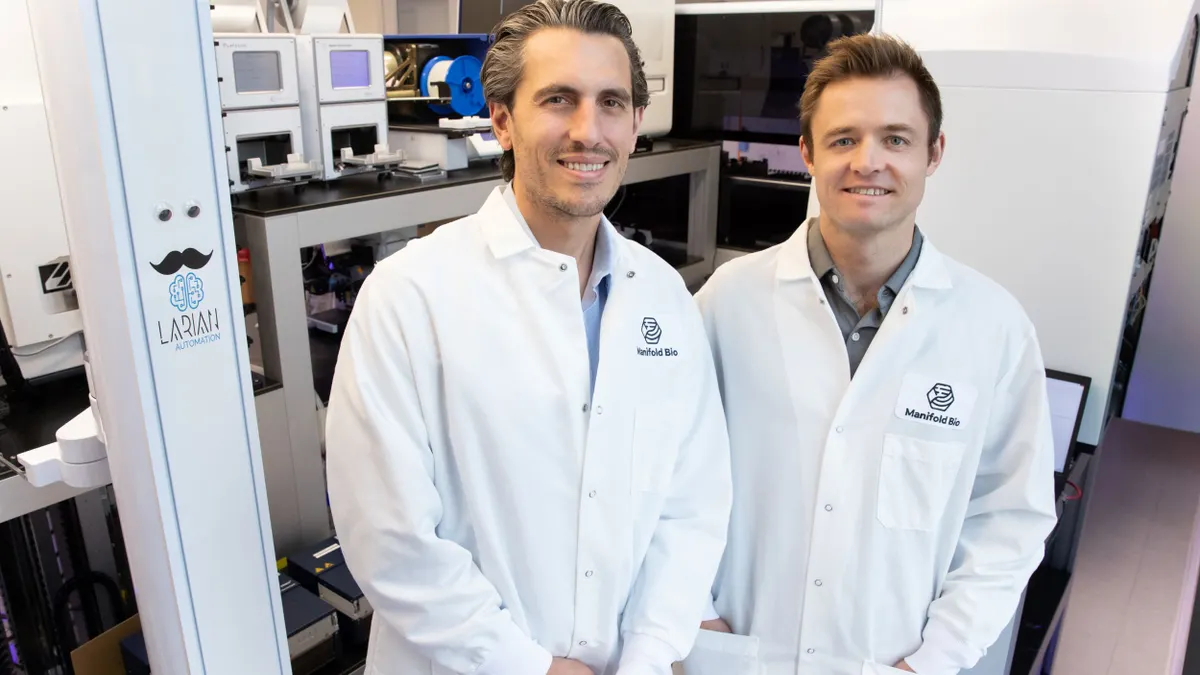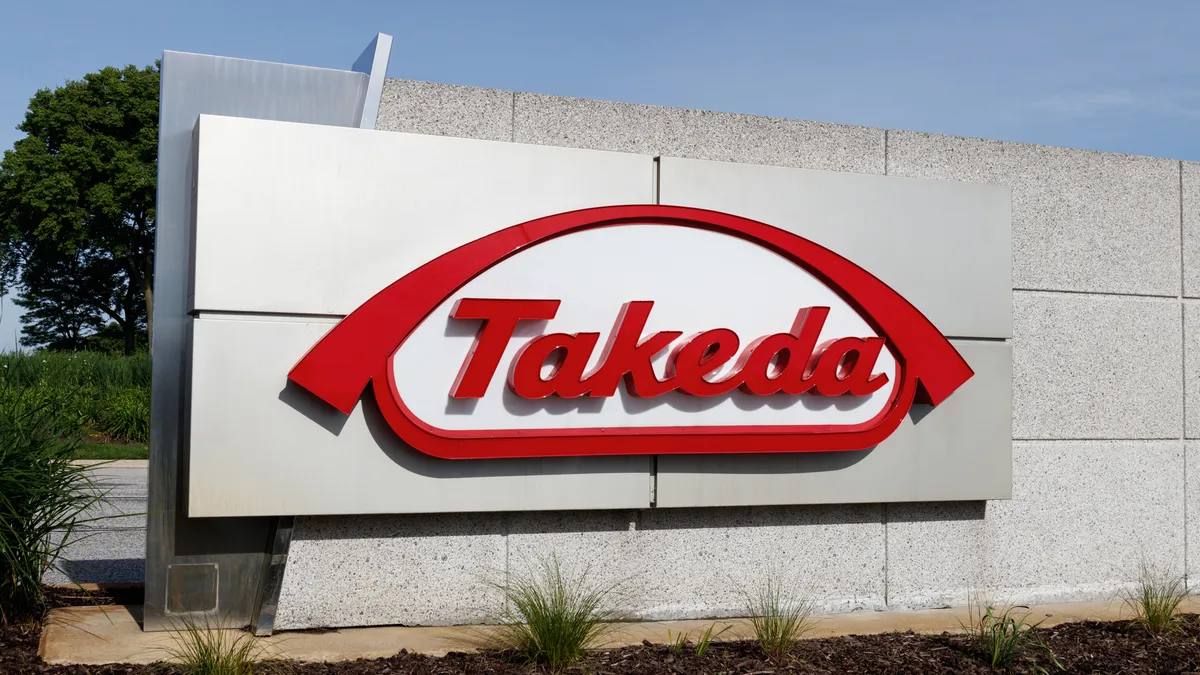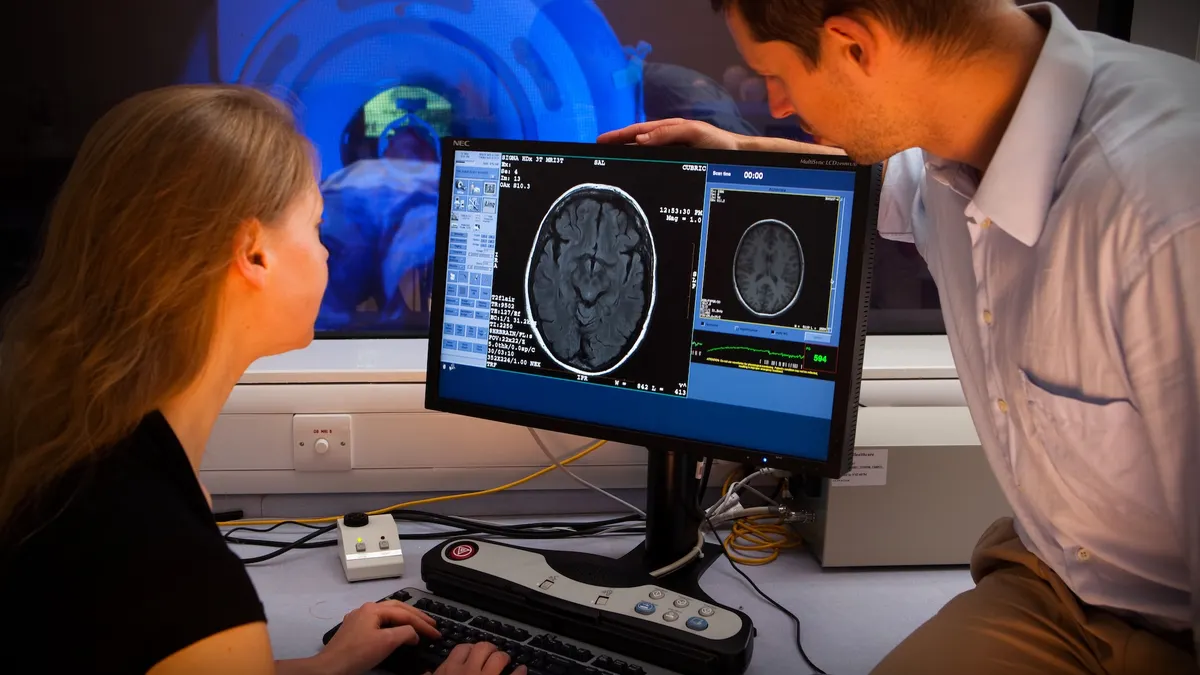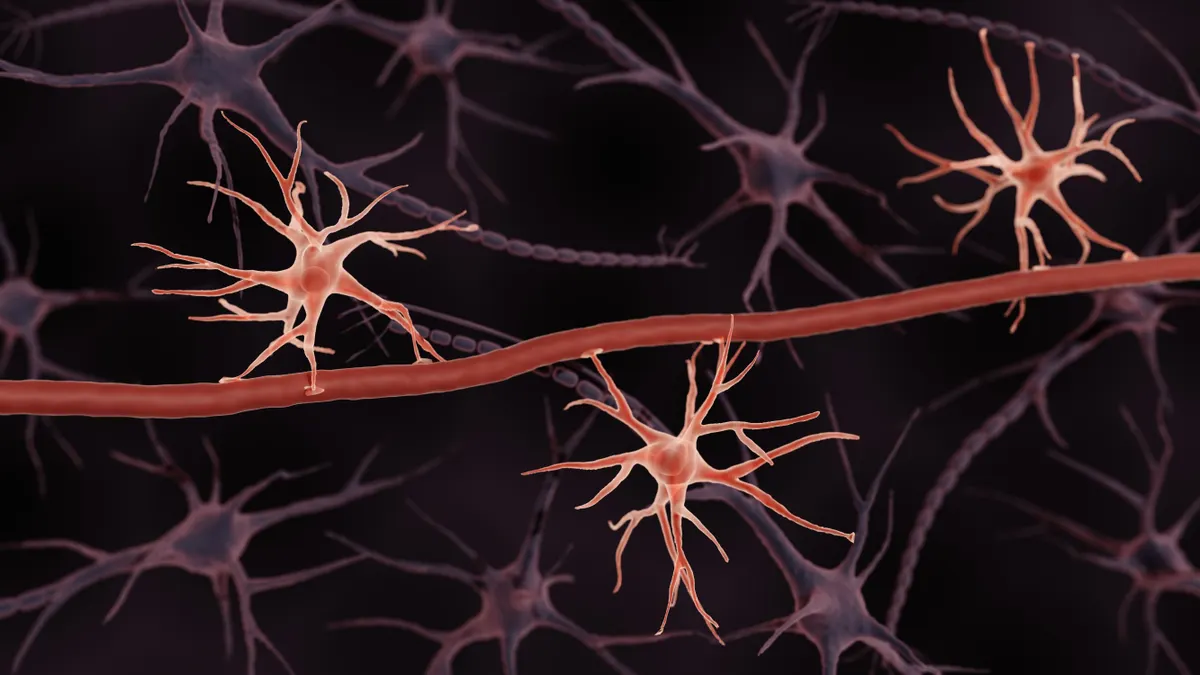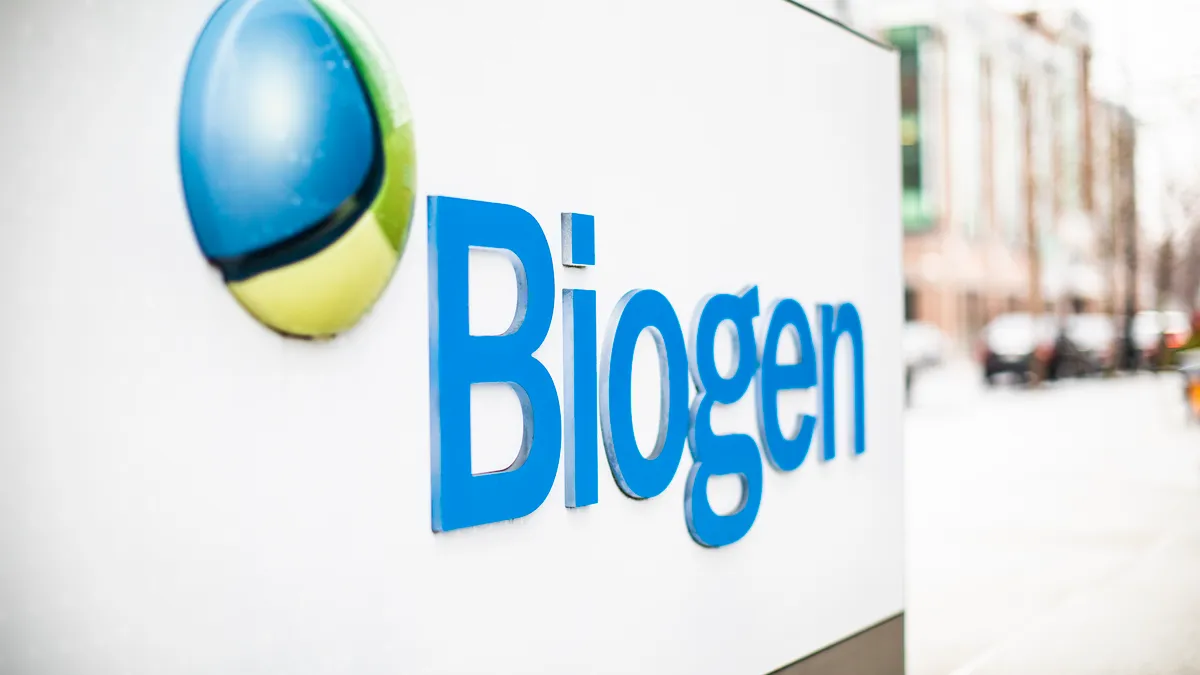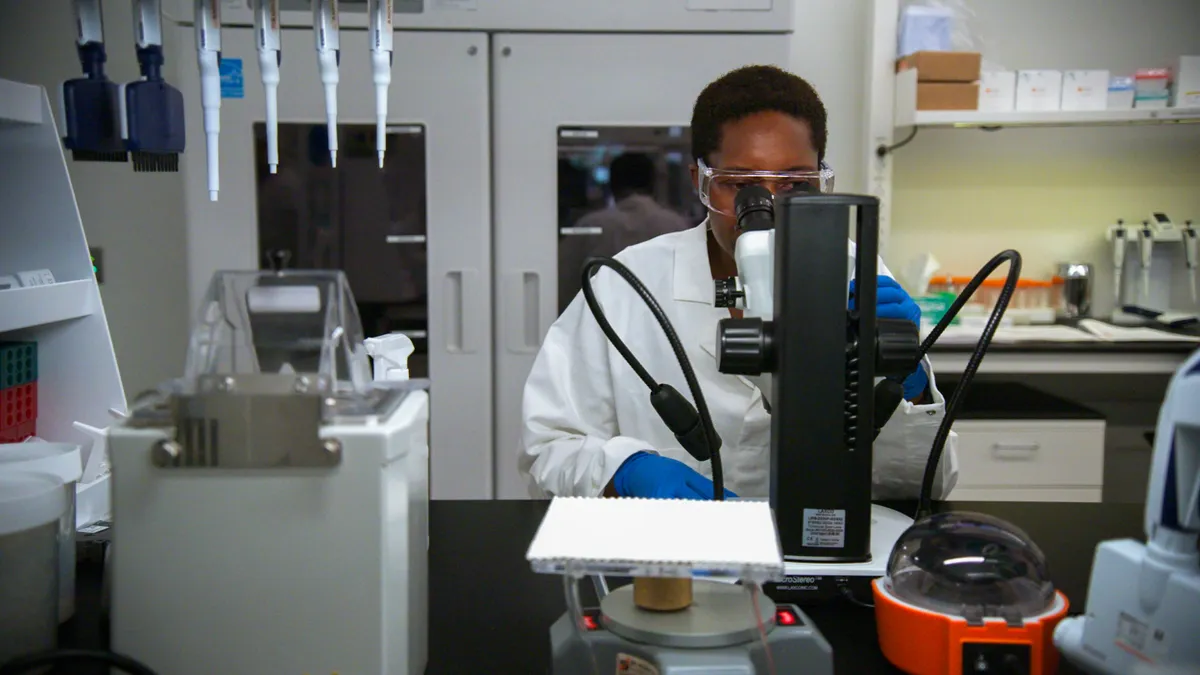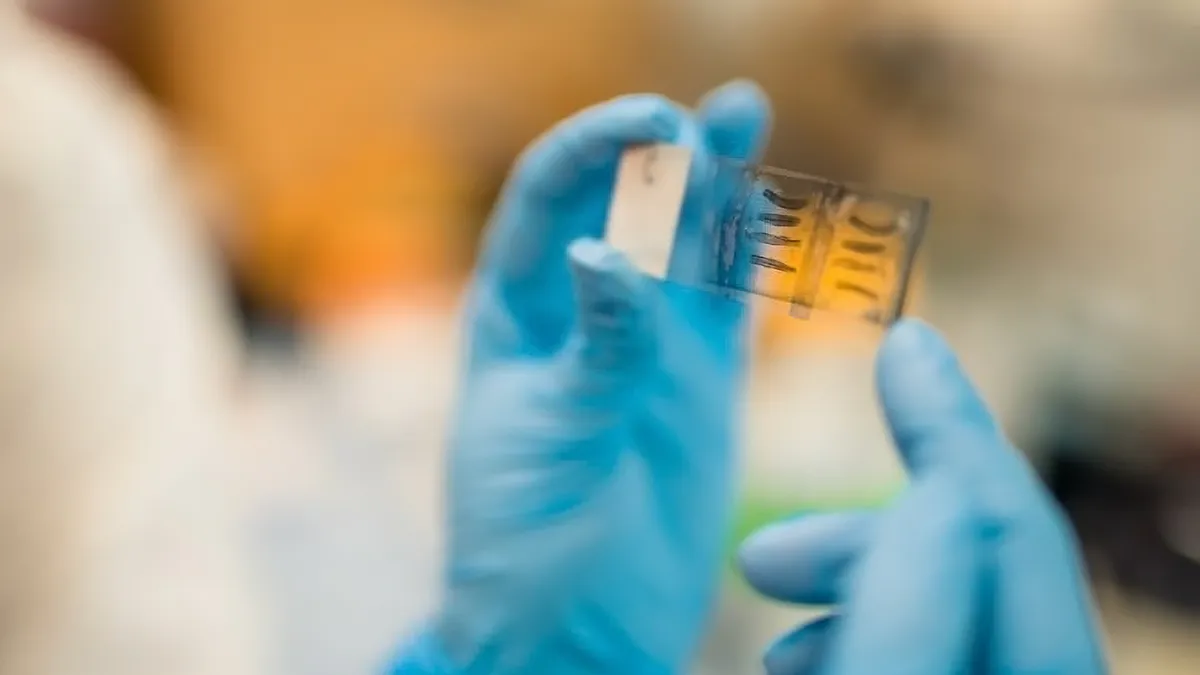In March 2023, investors could buy a share of Praxis Precision Medicines for about the same price as a dollar-menu item at a fast food restaurant. The Boston-based biotechnology company had just suffered a major setback with one of its experimental medicines, which failed a key study testing it as a treatment for a neurological disease that causes involuntary shaking.
Praxis, as drug companies often do, found enough silver linings in the data to push its medicine forward. The company consulted with the Food and Drug Administration that summer and began enrolling two late-stage trials that fall. By February 2025, a group of independent experts were telling Praxis the first of those trials looked unlikely to succeed. It decided to continue anyway.
That confidence appears to have paid off, as Praxis on Thursday disclosed that both of its studies met their main goals. The company now plans to submit an approval application to the FDA by early 2026. Its share value, which got buffed in late 2023 from a 1:15 stock split, more than tripled on the announcement, peaking at $200 Thursday afternoon.
“We're ecstatic and excited about being able to help these patients with quite definitive results here,” Marcio Souza, Praxis’ CEO, said during a call with investors. “Today, I think what we’re talking about is not luck, it's certainty, and the certainty is with the final results that we have for both studies.”
Praxis’ medicine, known scientifically as ulixacaltamide, could become the second drug specifically cleared to treat “essential tremor.” The other, propranolol, is older, and though it’s fairly effective at reducing the severity of the tremors, it doesn’t work for all patients and carries side effects like dizziness, fatigue, shortness of breath and low blood pressure. Estimates hold that as many as 10 million people in the U.S. have essential tremor.
Researchers aren’t sure exactly what causes this disorder. They suspect genes play a role in many cases, and that at least two parts of the brain, the cerebellum and thalamus, aren’t working properly. Praxis’ medicine is designed to inhibit a “calcium ion channel” protein so as to block abnormal firing of the neurons in these brain regions.
The first of Praxis’ larger studies enrolled 473 participants, who received either the company’s drug or a placebo for about three months. Its main focus was, over an eight-week period, the change in scores on a modified, 11-item questionnaire assessing a patient’s ability to perform self-care tasks like eating, dressing, grooming and going to the bathroom.
There, researchers observed that drug-treated participants had a significant and clinically meaningful improvement of 4.3 points compared to the control group. Praxis said this lasted from the second week of treatment through the end of the 12-week dosing period. The study also met all its so-called key secondary endpoints.
Praxis’ other experiment exposed every participant to ulixacaltamide for eight weeks, after which 80 who responded to the therapy were then randomized to either continue receiving the drug or switch to a placebo for four weeks. A little over half of the drug arm kept responding, versus one-third of the placebo group. An important secondary endpoint on the rate of disease improvement also hit statistical significance.
Praxis said that, across these trials, participants tolerated its drug well. “Treatment-emergent adverse events” were generally mild or moderate, with the most common being constipation, dizziness, euphoria, brain fog, headache, insomnia and tingling sensations. Researchers documented severe events in 6% of the first study’s drug arm and 7% of the second study.
It is “very rewarding to see such positive results with the potential to truly change lives,” Salima Brillman, co-lead investigator of the late-stage studies, said in a statement from Praxis.
Brillman, who is also the founder of the Parkinson’s Disease and Movement Disorders Center of Silicon Valley, added that ulixacaltamide “represents more than data on a chart — it is a real opportunity to help people regain their independence and improve their daily functioning in meaningful ways.”
Praxis intends to share more data from its studies at upcoming medical conferences and in peer-reviewed publications.
“For years, our community has waited for hope grounded in data,” Patrick McCartney, executive director of the International Essential Tremor Foundation, a patient advocacy group, said in Praxis’ statement. The fresh data “mark an extraordinary step” toward bringing a “much-needed therapy to the under-served [essential tremor] community.”
Andrew Tsai, an analyst at the investment bank Jefferies, wrote in a note to clients Thursday how these fresh results are “compelling” and a “complete upside surprise” to Wall Street’s expectations for Praxis.
Tsai now forecasts that ulixacaltamide has a 70% chance of getting approved — up from no chance before — and could generate north of $2.5 billion in sales as an essential tremor product.









